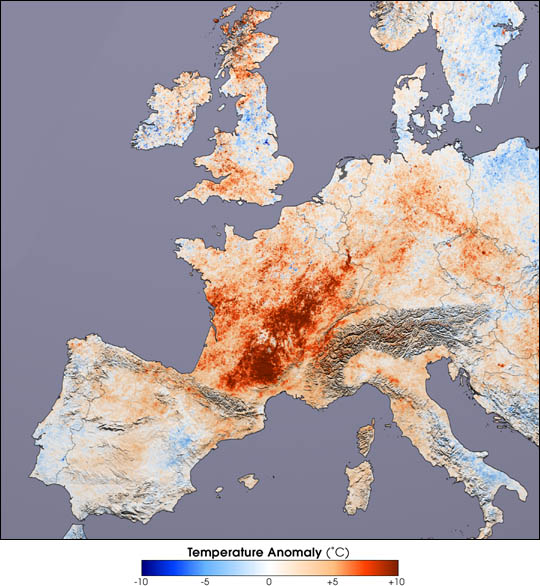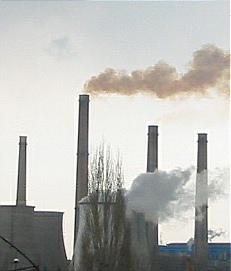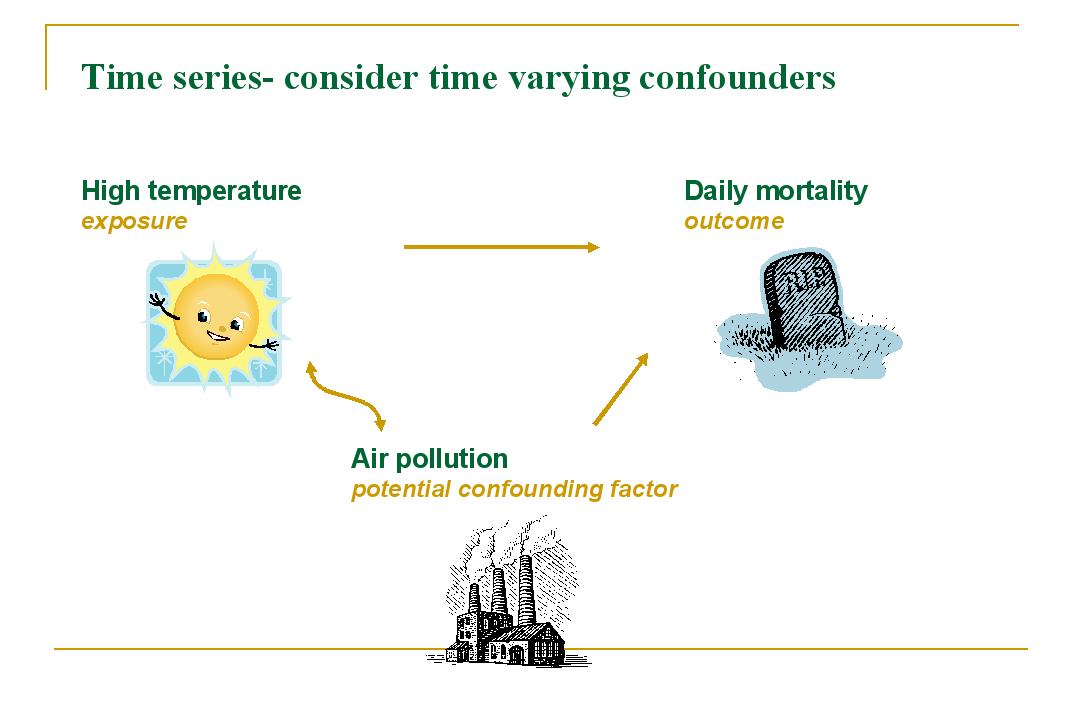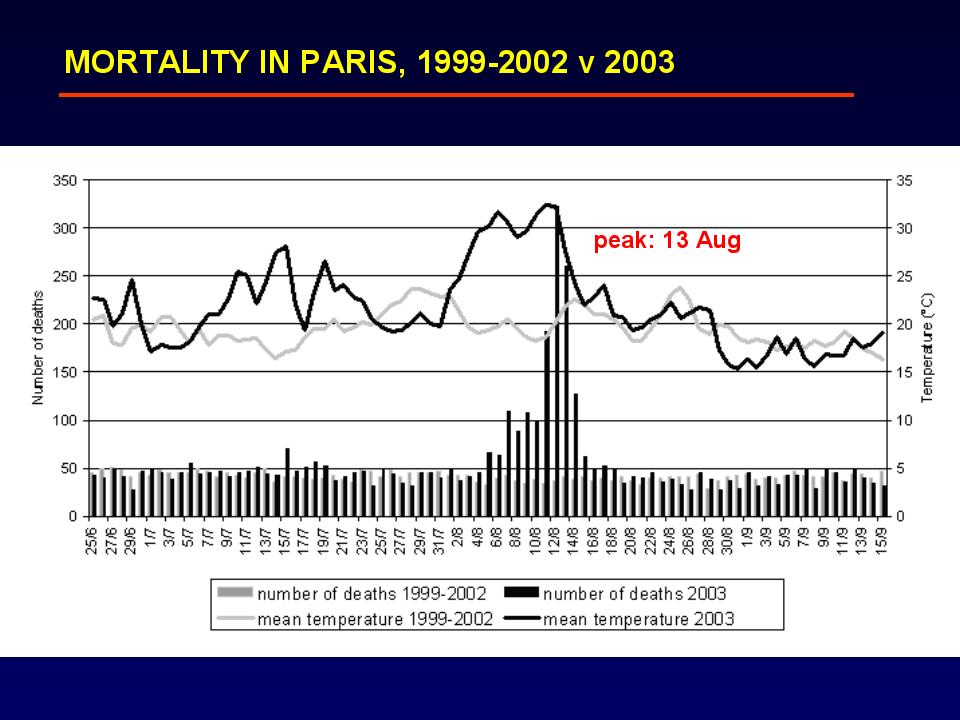 |
Impacts of Future Environmental Change on Climate- and Air Pollution-Mediated Human Health |
 |
Contents
 A government offical holding a box of polluted Los Angeles air sent via post in the 1950s
|
 Temperature anomoly
|
 Beach goers during 2003 heatwave
|
 Air pollution in UK
|
We have established collaborative research between environmental and health disciplines in order to understand the interaction between climate, air pollution and human health. Our specific focus will be ozone and heat-related impacts.
PROOF OF CONCEPT
Future changes in climate and trace gas emissions will modify both ozone levels and the frequency and intensity of extreme weather events such as heat waves. The associated joint impacts on population health may require reappraisal of policy responses and revised or more complex ozone air quality guidelines.
"Widespread changes in extreme temperatures have been
observed over the last 50 years. Cold days, cold nights
and frost have become less frequent, while hot days,
hot nights and heat waves have become more frequent." - IPCC - AR4 2007
"Air pollution is the environmental factor
with the greatest impact on health in Europe
and is responsible for the largest burden of
environment-related disease. Recent estimates
indicate that 20 million Europeans suffer from
respiratory problems every day." - EEA 2005
Climate change will
increase the frequency and intensity of extreme climate events such as heat waves. Climate and land-use change will also modify long-range
transport of ozone and its precursors as well as emissions from natural sources. Numerous studies have examined the effect of extreme temperatures
or heat waves on mortality rates
controlling for air pollutants and epidemics.

